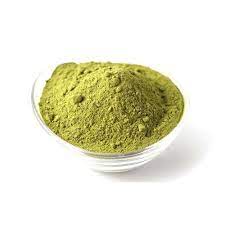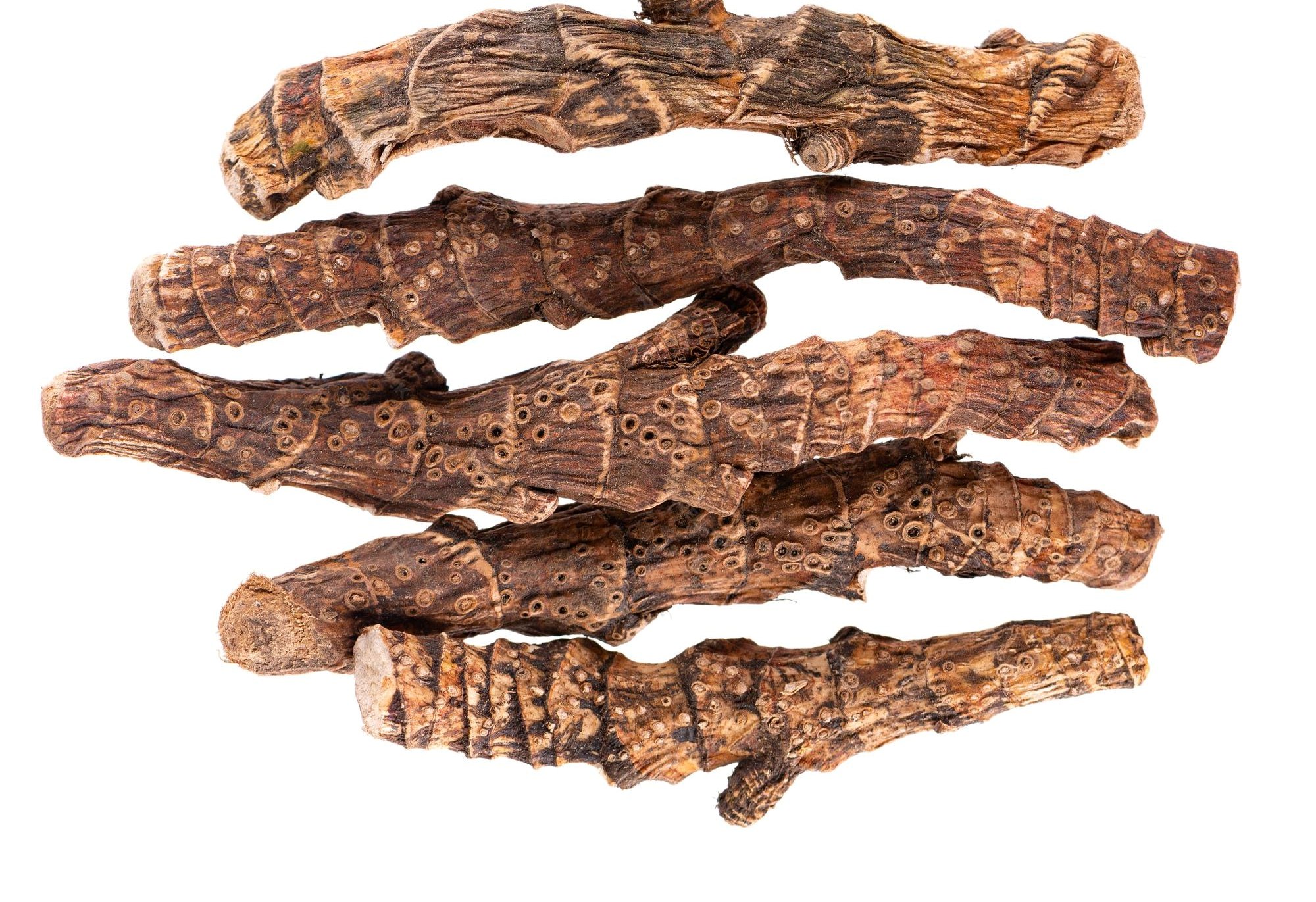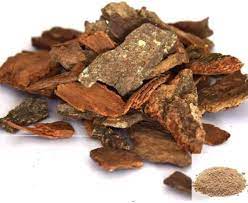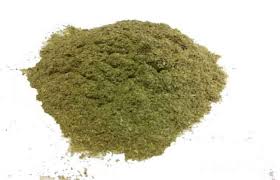The Historical Significance of Neem Twigs in Oral Hygiene

Introduction
Neem (Azadirachta indica), also known as the "miracle tree," has been integral to traditional medicine and oral hygiene practices in various cultures, especially in India. Known for its medicinal properties, neem twigs have been used as natural toothbrushes for centuries. This practice, deeply rooted in ancient traditions, continues to be relevant due to the numerous benefits neem offers for dental health.
Ancient Roots of Neem in Oral Hygiene
The use of neem twigs for oral hygiene dates back thousands of years. Historical records and ancient texts, including Ayurveda, highlight the importance of neem in daily dental care routines. The practice involves chewing on the ends of neem twigs until they form a bristle-like brush, which is then used to clean the teeth and gums.
Medicinal Properties of Neem
Neem is renowned for its antimicrobial, antifungal, antiviral, and anti-inflammatory properties. These attributes make it particularly effective in combating dental issues such as plaque, cavities, gum disease, and bad breath. The bioactive compounds in neem, such as nimbin, nimbidin, and azadirachtin, contribute to its efficacy in maintaining oral health.
- Antimicrobial Action: Neem’s antimicrobial properties help in reducing the bacterial load in the mouth, preventing infections and promoting healthier gums and teeth.
- Anti-inflammatory Benefits: Regular use of neem twigs can reduce inflammation in the gums, alleviating symptoms of gingivitis and other periodontal diseases.
- Plaque Control: The mechanical action of chewing neem twigs combined with its antibacterial properties helps in reducing plaque formation and accumulation.
Cultural Significance
In many Indian households, the use of neem twigs is more than just a health practice; it is a cultural ritual. Early morning routines often involve the entire family using neem twigs for dental care, symbolizing a connection to nature and tradition. Festivals and rituals sometimes include the use of neem, signifying purity and health.
Modern Perspectives and Scientific Validation
Recent scientific studies have validated the traditional use of neem twigs in oral hygiene. Research indicates that neem extracts can inhibit the growth of several oral pathogens and reduce plaque-induced gingivitis. Modern dental products, such as toothpaste and mouthwash, often incorporate neem for its proven benefits.
- Studies on Antibacterial Efficacy: Clinical trials have demonstrated that neem-based oral care products significantly reduce bacterial counts and improve overall oral hygiene.
- Comparative Studies: Research comparing neem twigs to conventional toothbrushes and toothpaste has shown comparable, if not superior, results in maintaining oral health and hygiene.
Environmental and Economic Impact
Neem trees are abundant in many regions, making neem twigs an affordable and eco-friendly alternative to synthetic dental products. The use of neem twigs reduces plastic waste associated with conventional toothbrushes and contributes to sustainable living practices.
- Sustainability: As a renewable resource, neem trees provide a continuous supply of twigs without the need for extensive processing or packaging.
- Cost-Effectiveness: Neem twigs are inexpensive and easily accessible, making them a viable option for communities with limited access to commercial dental care products.
Conclusion
The historical significance of neem twigs in oral hygiene is a testament to the wisdom of ancient practices and their enduring relevance. The natural properties of neem make it an effective tool for maintaining dental health, supported by both cultural traditions and modern scientific research. Embracing such time-honored methods can provide sustainable and healthful alternatives to contemporary oral care practices, ensuring that the legacy of neem in oral hygiene continues for generations to come.
Click here
https://hbkonline.in/organic-neem-sticks











